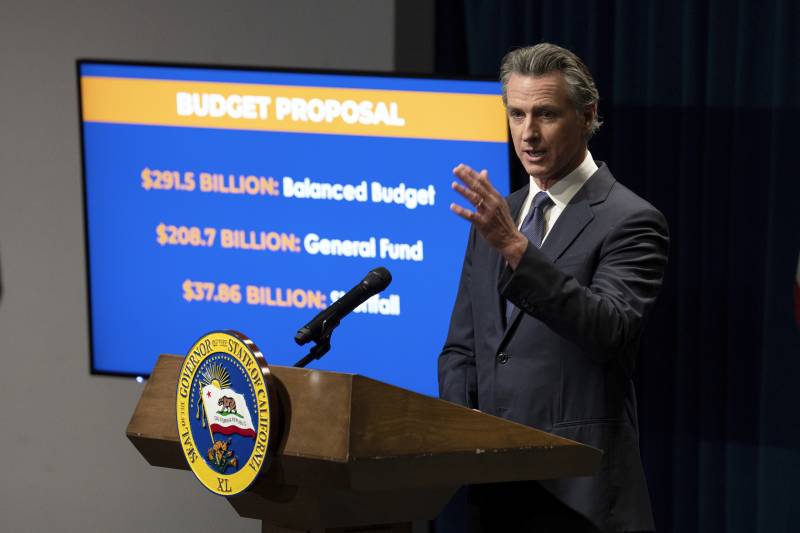“We understand that in tough budget years like this one, the state is faced with difficult decisions, and we appreciate efforts to protect public health workforce and infrastructure investments,” Michelle Gibbons, executive director of the County Health Executives Association of California, said in a statement. “California must never forget the lessons learned during the COVID-19 pandemic: investment in public health saves lives.”
Despite budget cuts of 8% to state departments across the board, the deal preserves more than $7 billion to expand behavioral health services for children.
The budget deal increases mandatory minimum funding for pre-K–12 schools and community colleges from last year, at $115.3 billion, or $18,399 per student. The 2023–2024 education budget for pre-K–12 and community colleges was $101.3 billion.
“Students will grow and succeed because we kept classroom spending whole,” Assembly Speaker Robert Rivas, who represents Salinas, said in a statement.
While state lawmakers passed a budget on June 15, it didn’t represent the final deal announced today. Lawmakers still have to vote on the final budget before July 1, when the new fiscal year begins.
Senate President pro-Tempore Mike McGuire, who represents the North Coast, said in a statement that the agreed-upon budget helps “shrink the shortfall, protect our progress, and maintain responsible reserves.”
“Make no mistake: This is a tough budget year, but it also isn’t the budget situation we were originally fearing,” McGuire said.
KQED’s Azul Dahlstrom-Eckman and Lakshmi Sarah contributed to this story.

